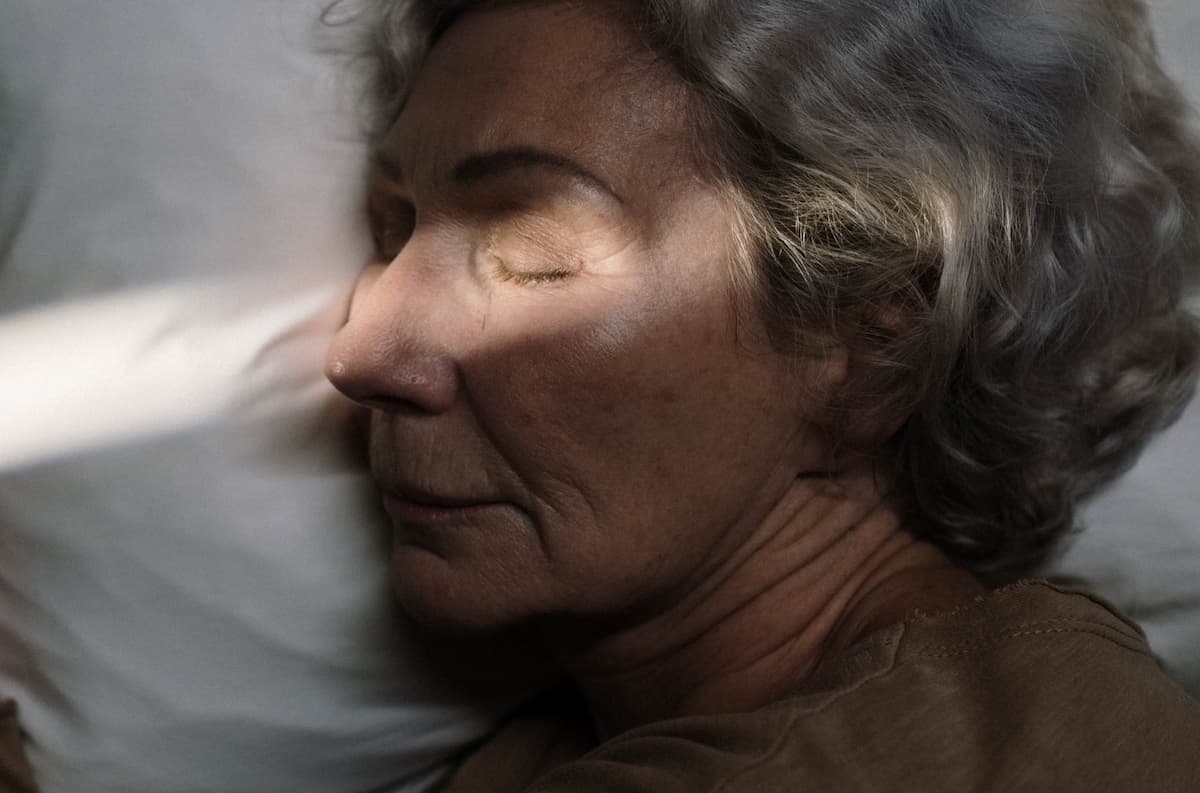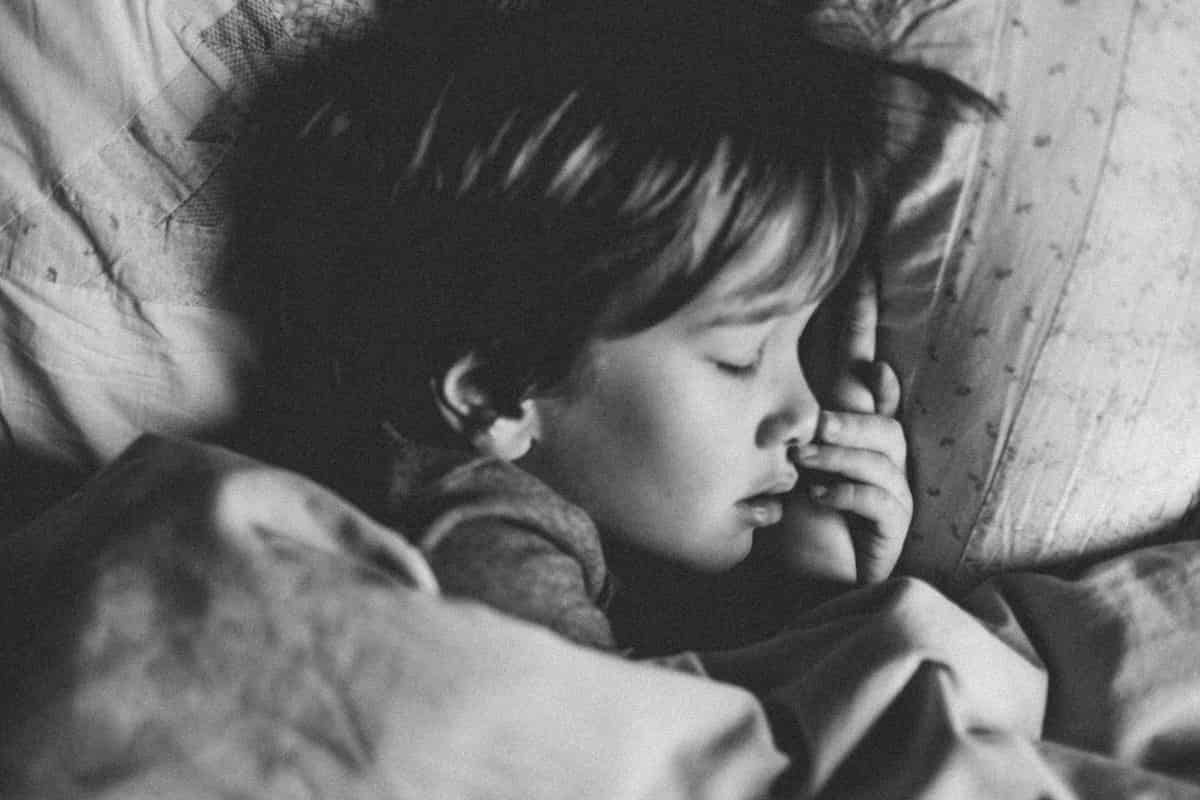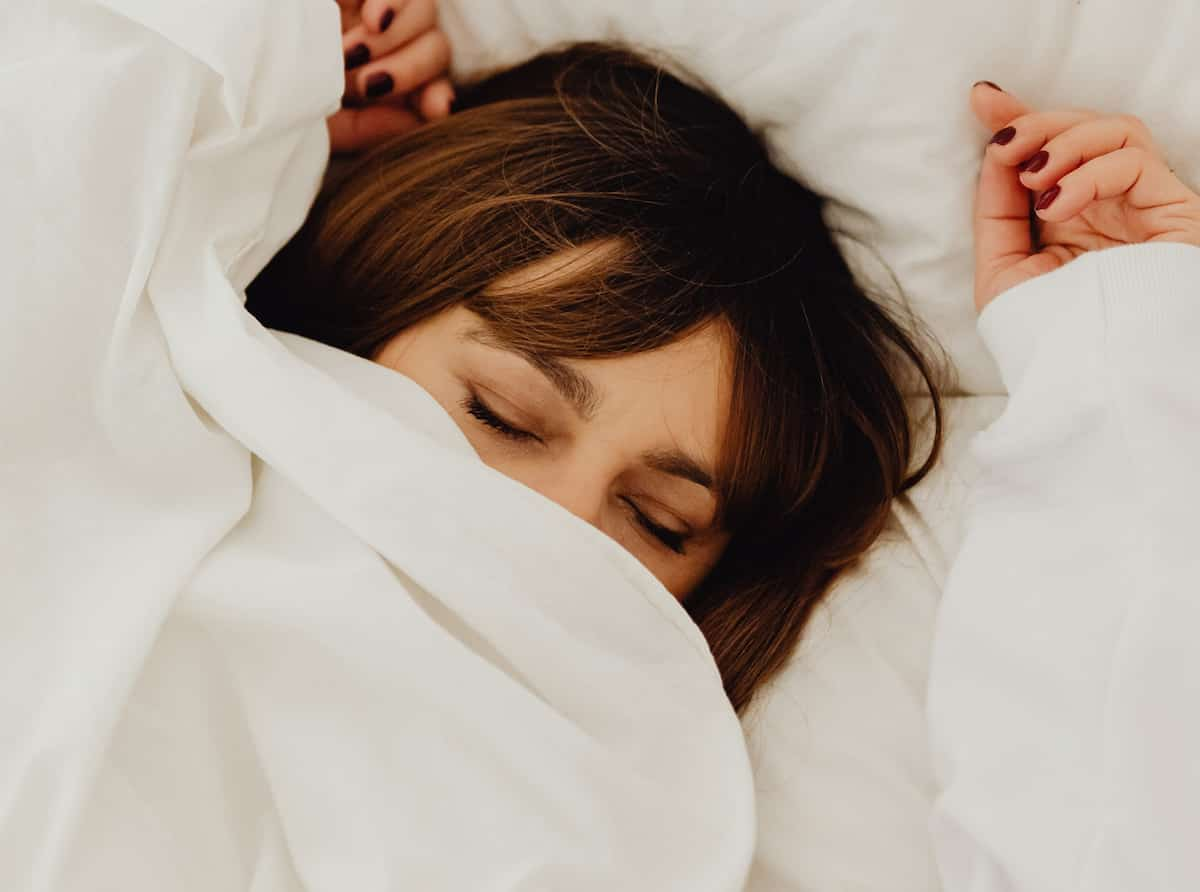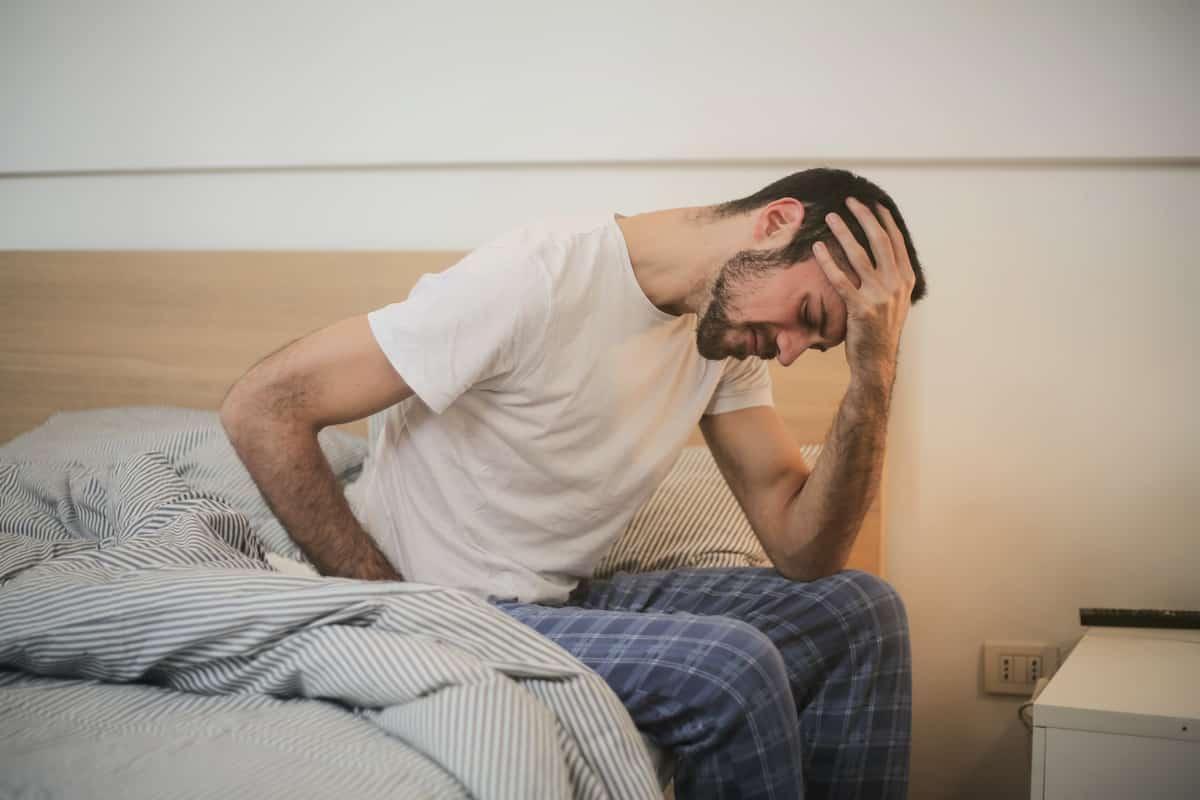These sounds played during sleep can enhance both memory and sleep.
Sounds played during sleep can enhance memory and may even benefit sleep, research finds.
The sounds, though, need to be in sync with the brain’s natural oscillations to work.
In the study 11 people were played ‘pink noise’ while they slept.
This sounds like gentle hissing that goes up and down — much like the lapping of waves on the beach.
Here is some pink noise to try out:
Measuring the electrical activity in the brain, they were able to synchronise the sounds with people’s brain waves.
When synchronised, people were better able to remember a list of words they had previously learnt.
In fact, they remembered nearly twice as many words.
If the sounds were out of sync, though, the effect was not seen.
Dr. Jan Born, who led the study, said:
“The beauty lies in the simplicity to apply auditory stimulation at low intensities — an approach that is both practical and ethical, if compared for example with electrical stimulation — and therefore portrays a straightforward tool for clinical settings to enhance sleep rhythms.”
The researchers think that keeping the sounds in sync may also help people to sleep.
They observed that the brain waves related to sleep were stronger when the sounds were in sync.
Dr Born said:
“…it might be even used to enhance other brain rhythms with obvious functional significance — like rhythms that occur during wakefulness and are involved in the regulation of attention.”
The problem for the home experimenter, though, is that the sounds need to be in sync.
Dr Born said:
“Importantly, the sound stimulation is effective only when the sounds occur in synchrony with the ongoing slow oscillation rhythm during deep sleep.
We presented the acoustic stimuli whenever a slow oscillation “up state” was upcoming, and in this way we were able to strengthen the slow oscillation, showing higher amplitude and occurring for longer periods.”
The study was published in the journal Neuron (Ngo et al., 2013).







